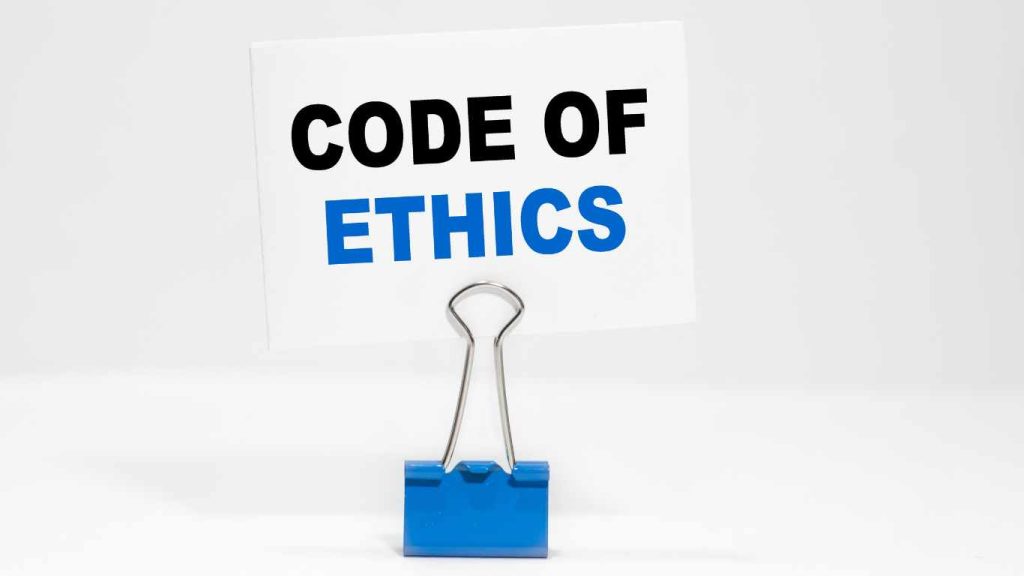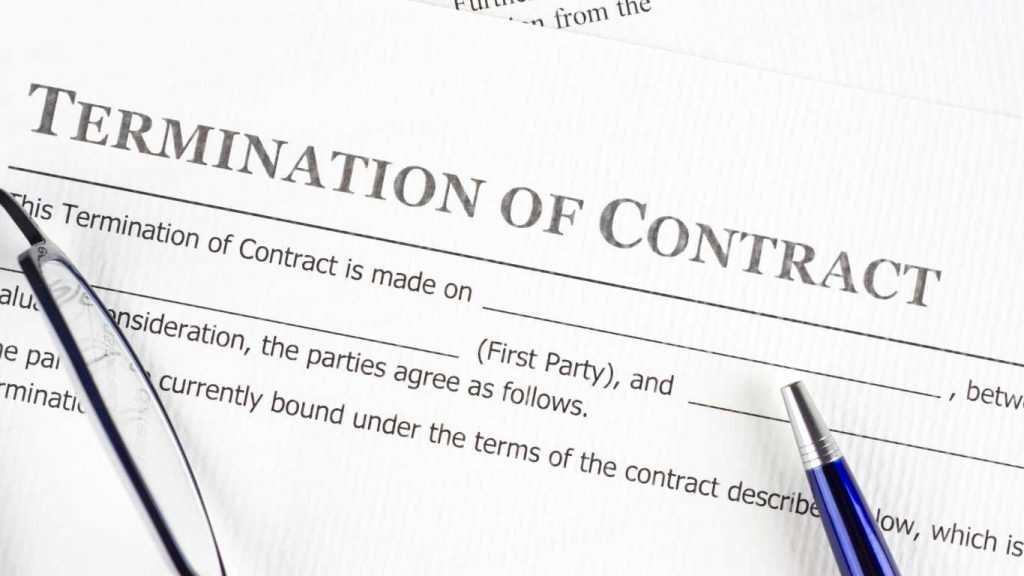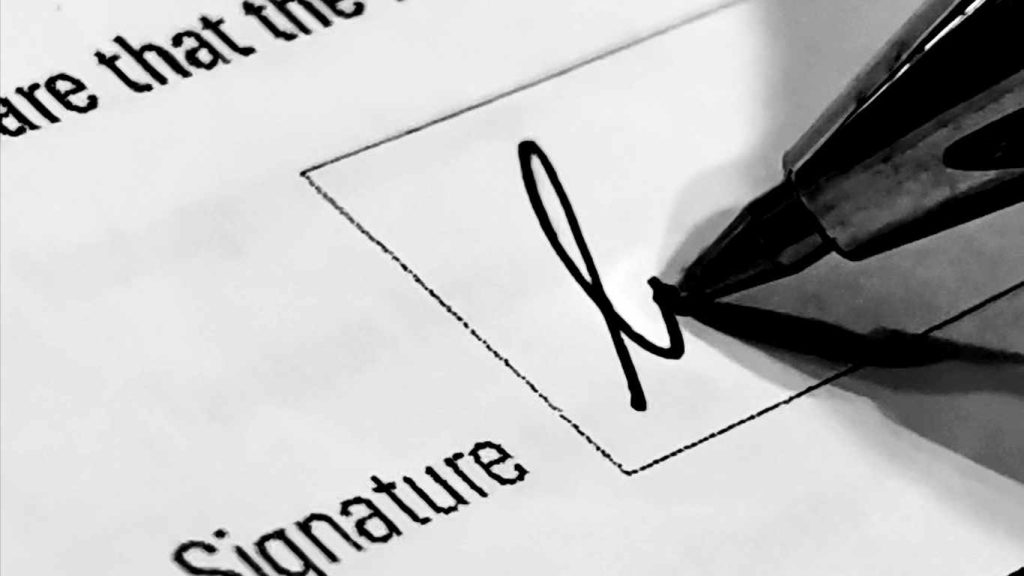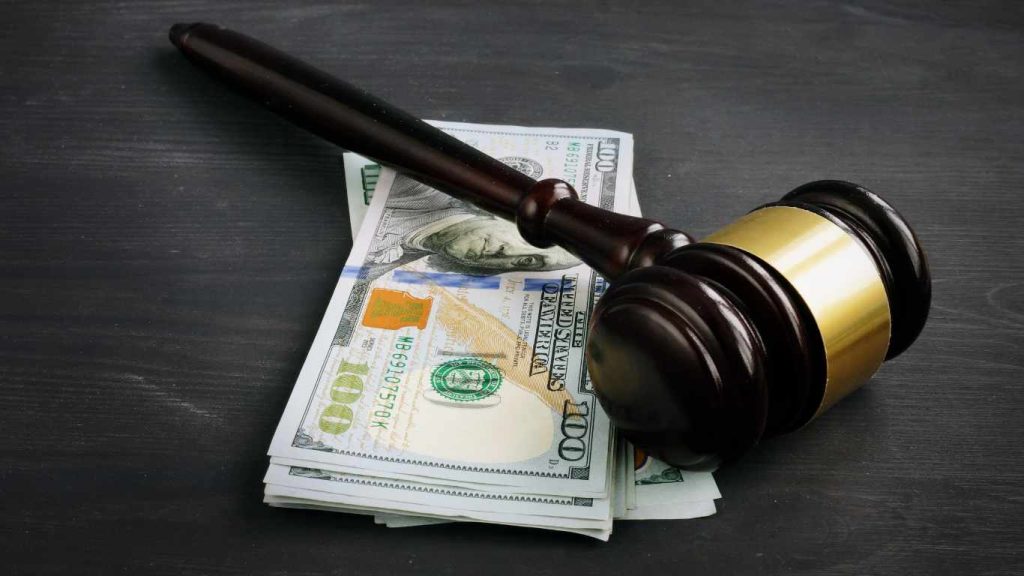There is a lot of chaos and confusion about attorney referral fees in the industry. Some lawyers and attorneys are struggling to understand it and want to know about legal considerations around it. Are you one of those lawyers or attorneys who doesn’t understand how attorney referral works? If yes, don’t worry.
After this blog, you will understand attorney referral fees and how it works. We will also discuss some of the ethical considerations around lawyer referral fees. This mini guide can be very helpful for you if you want to gain an understanding of attorney referral fees.
What Is An Attorney Referral Fee?
Attorney referral fees are basically the fees that attorneys or lawyers get by referring a client to another attorney or firm. This is common in the legal industry but when an attorney or lawyers refer to you. It is essential to pay them a certain amount as a part of referral fees.
For example, there is an attorney who has years of experience. He got a case that does not require her years of expertise. It is an easy case that a junior lawyer or someone working under him can easily manage. He can pass that case to another lawyer or attorney. But that lawyer has to pay him some fees for the referral. If there is any attorney referral agreement between them, they can simply refer to it for calculating referral fees.
Referral fees are beneficial for both parties. Because one is gaining new clients by paying a small amount while another is getting compensation for passing clients.
What Is the Typical Attorney Referral Fee Percentage?
The percentage of attorney referral fees varies depending on the area of practice and geographic location. The typical attorney referral fee percentage is 30% or higher. But in some cases, the attorney referral fees can be less than that. So make sure to search the referral fee percentage in your area. You can consult with your fellow lawyer or attorneys. The percentage can also vary according to your personal expertise.
Ethical Considerations for Attorney Referral Fees
Attorney referral fees are not as simple as paying fees to your colleagues. It is quite complex and has some ethical obligations. There are some Model Rules of Professional Conduct when it comes to attorney referral fees. The American Bar of Association has some ABA Model Rules for attorney referral fees.
Rule 7 says that lawyers can’t give anything valuable to someone for referring them to their clients. It is against the ethics of law. The model Rule 5.4(a) says that you can’t share your referral fees with non-attorneys for referrals.

Under the following circumstances, attorney referral fees are allowed:
- The division of the fees is in portion to the service performed by both attorneys. Or both parties assume joint responsibility for the representation.
- Referral can also take place when a client agrees to the arrangement that includes the share of both lawyers. The client and lawyer confirm the agreement in writing.
- The total fees are very reasonable.
What to Include in an Attorney Referral Agreement?
The agreement for attorney referrals should be in writing and both parties should agree to it. Clarity is the key in terms of an attorney referral fees agreement. Make sure you are mentioning everything clearly in your agreement. Don’t miss or hide any point as it can have serious consequences in the future.
Here are a few things that you need to include in your attorney referral fees agreement:
1. Parties Involved
Clearly mention the parties that are the part of an attorney referral fees agreement. Specify their names on the agreement. This can include the name of the referring attorney or lawyer or law firm or lawyer who is getting referred.
2. Scope Of Referrals
Specify the scope of referrals in your agreement. Define the type of legal cases that you can get referrals for. By clearing the scope of referrals, you will be able to save yourself from any future misunderstandings. Both parties will have a clear understanding of referral legal matters.
3. Referral Fee Structure
The fees structure should be clear in your agreement. You should have a proper attorney referral fee structure. Mention the clear amount or percentage of fees that the referral receiving lawyer or firm may have to pay. This will save both parties from future chaos. Include the information regarding when and how referrals will be calculated.
4. Client Consent and Confidentiality
Client consent and confidentiality is crucial in terms of attorney referral fees. Ensure that your client is aware of the referral agreement and take their consent for the same. Also, include the confidentiality of your client’s data. Add a clause in your agreement regarding client confidentiality. This will help in maintaining the lawyer-client relationship.
5. Termination Clause

The termination clause is a crucial part of an agreement. So make sure to include the conditions in which both parties can terminate the agreement. The termination clause is crucial because sometimes a situation can arise where both parties may not agree with each other. They may want to terminate the clause. Termination factors can include non-performance, breach of terms, or completion of the referred legal matter.
6. Responsibilities of Receiving Attorney
You need to mention the responsibilities of receiving an attorney and firms. It is essential because it helps both parties in understanding their responsibilities regarding the referral fees. The referral-receiving party has the responsibility to communicate with the client and the referring party. He should also adhere to ethical standards regarding the same.
7. Signature
Lastly, the signature is a crucial part of an attorney’s referral fees agreement. After everything is specified in the agreement, both parties have to sign the agreement. The signature of both parties is crucial for the referral fees agreement to be valid.

Some Best Practices For Attorney Referral Fees Agreement
- Mention all the responsibilities of both parties clearly. Don’t miss any crucial information as it can cause confusion in the future.
- The formal agreement for attorney referrals should be in writing. You can’t have a verbal agreement, it won’t be valid.
- To ensure the accuracy and ethics of the agreement, take legal advice from legal counsel, fellow lawyers, etc.
- Never skip mentioning the termination clause of the agreement.
- Periodically review your agreement. If there are any changes, update it accordingly.
The Bottom Line
Yes, attorney referral fees are legal. Lawyers can legally refer their clients to other lawyers and firms and can charge a certain amount for it. But they will have to follow the ABA guidelines for it.
Frequently Asked Questions
Yes, attorney referral fees are legal. Lawyers can legally refer their clients to other lawyers and firms and can charge a certain amount for it. But they will have to follow the ABA guidelines for it.
Yes, in most of the cases, attorney referral fees are taxable income. But it can be different from location and tax rules. So make sure to consult your tax professional for the same.
Yes, attorneys and lawyers can receive referrals from multiple sources simultaneously. They don’t have to restrict themselves to one particular source. But all they have to make sure is that they are abiding by all the ethical requirements.

